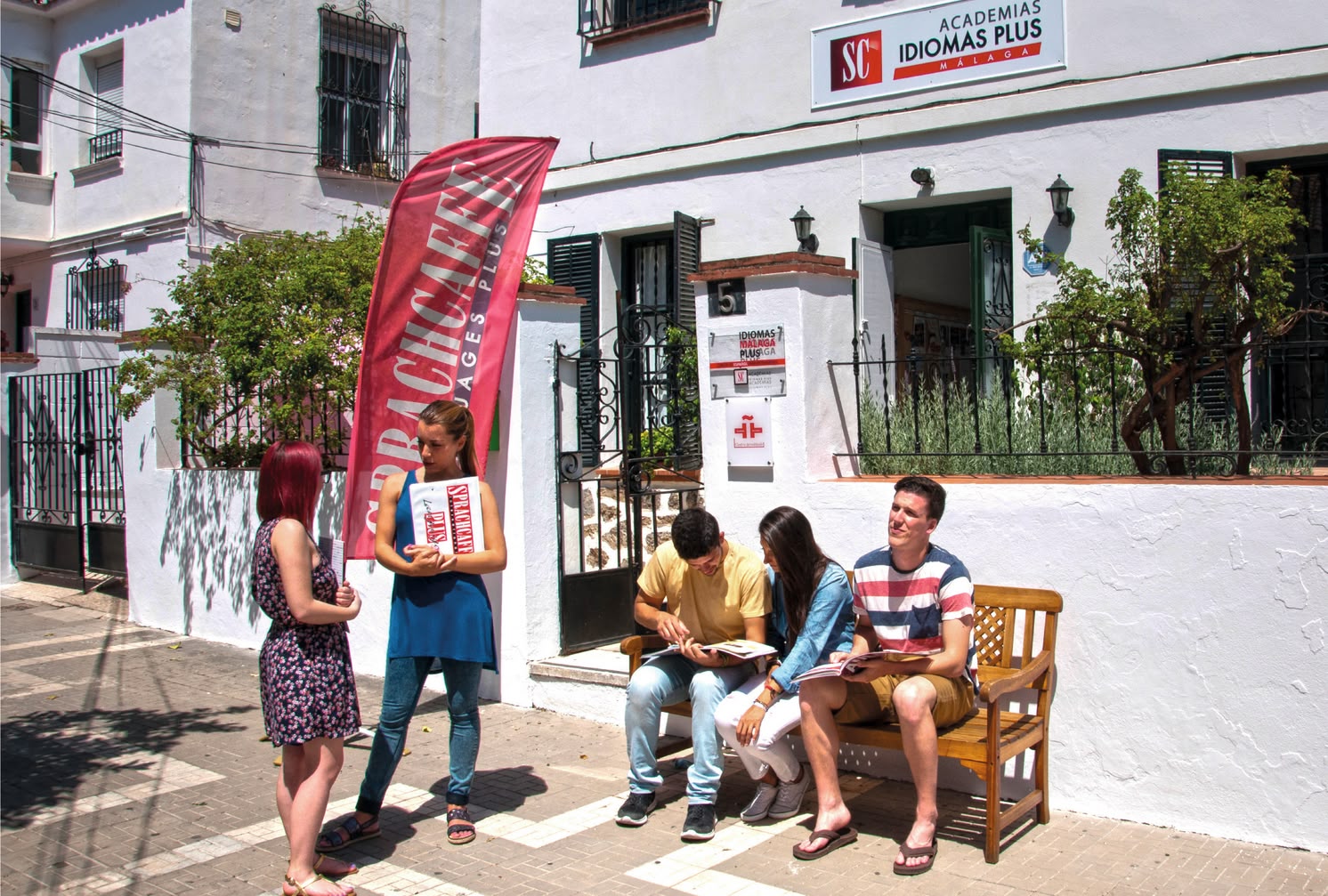
Language travel in Spanish
Take a language trip to Spain or Cuba with Sprachcaffe.
More information »Modal verbs in Spanish are a grammatical category that, although fundamental for mastering the language because they allow the expression of important nuances in everyday and formal conversations, can present certain difficulties for those who are learning the language, since they present particularities in their conjugation and use that distinguish them from regular and irregular verbs.
Modal verbs in Spanish are a group of auxiliary verbs that are used to express different degrees of ability, possibility, permission, necessity or obligation in an action. These verbs modify the meaning of the main verb with which they are combined and provide important nuances to the message we want to convey.
| Modal verb : Explanation and example | |
|---|---|
| Poder (can, may) | Indica la capacidad o posibilidad de realizar una acción. Ejemplo: "Puedo nadar" (I can swim). |
| Saber (know how to) | Expresa la habilidad o conocimiento para realizar algo. Ejemplo: "Sé tocar la guitarra" (I know how to play the guitar). |
| Querer (want) | Indica el deseo de llevar a cabo una acción. Ejemplo: "Quiero estudiar" (I want to study). |
| Deber (should, must) | Expresa la obligación o necesidad de hacer algo. Ejemplo: "Debes hacer tu tarea" (You must do your homework). |
| Tener que (have to, must) | Similar a "deber", indica la obligación o necesidad de hacer algo. Ejemplo: "Tengo que estudiar" (I need to study). |
| Haber que (have to, must) | Se utiliza para expresar necesidad u obligación de hacer algo. Ejemplo: "Hay que trabajar" (We have to work). |
| Soler (used to) | Indica una acción que se realiza con frecuencia o acostumbra a suceder. Ejemplo: Ellos solían ir de camping en verano (They used to go camping in the summer.) |
Want to improve your Spanish? Start your unforgettable language trip to the Spanish-speaking country of your choice now!
| Personal Pronouns | Can | Know | Want | Will | Do | Must | Suffer | Have to |
|---|---|---|---|---|---|---|---|---|
| Yo | puedo | sé | quiero | debo | suelo | tengo que | ||
| Tú | puedes | sabes | quieres | debes | sueles | tienes que | ||
| Él/Ella/Usted | puede | sabe | quiere | debe | suele | tiene que | ||
| Nosotros/Nosotras | podemos | sabemos | queremos | debemos | solemos | tenemos que | ||
| Vosotros/Vosotras | podéis | sabéis | queréis | debéis | soléis | tenéis que | ||
| Ellos/Ellas/Ustedes | pueden | saben | quieren | deben | suelen | tienen que |
Modal verbs such as: poder, querer, saber or soler, are essential for constructing complex sentences and conveying precise ideas in different situations. To learn them, at Sprachcaffe we recommend that you practice these verbs by using them in real conversations and learn their meaning by contextualizing them with examples. A good idea is to use flash cards with one side with the modal verb in the infinitive and the other side with the translation and an example of use. To learn modal verbs you need to practice. If you have any questions or need more examples, feel free to contact us or visit our Spanish courses.

Take a language trip to Spain or Cuba with Sprachcaffe.
More information »
Learn Spanish from the comfort of your home with an online course.
More information »